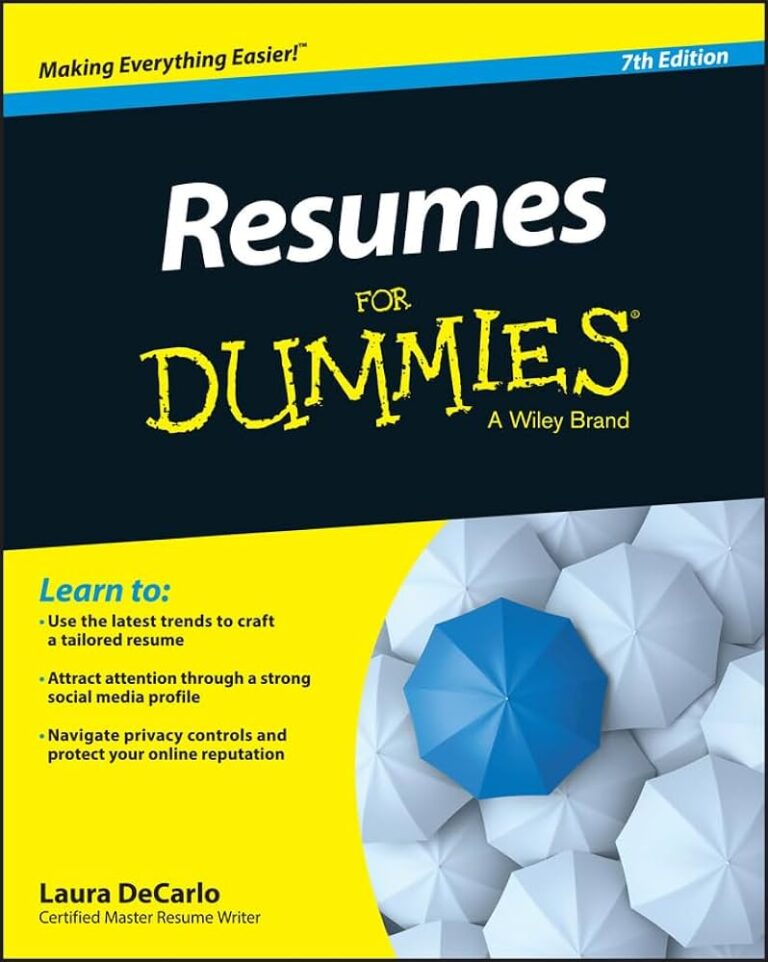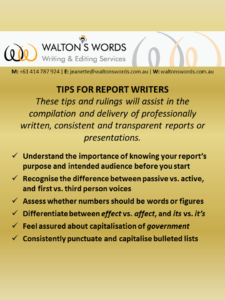As someone who spends a lot of time writing and editing, I appreciate the importance of an editing or proofreading stage. Yet I also know that pressing timelines can prevent this final step. Think we’ve all written pieces where we’ve had to rely on our own set of eyes to review, and then review again.
With this in mind, below are five self-editing areas I recommend covering off, to help ensure your writing is accurate and well-written.
1) Don’t fully rely on spell check.
Most who write on a computer know it’s unwise to expect spell checking systems to pick up every mistake. They’ll likely highlight the obvious typos, but misused words tend to be overlooked (e.g. their vs. there). So if you’re not going to use an editor or proofreader, be sure to keep an eye out for such misuse.
2) Avoid over-capitalisation – loses its impact.
There’s a common tendency to overuse capitalisation in most forms of writing. Without having to get your head around all capitalisation rulings, keep in mind that title case should only be used for specific terms. All generic (general) terms, including job titles and plural terms, should be written in lower case, and try not to overuse capitalisation in headings. Most importantly, keep it consistent throughout.
3) Learn the punctuation basics.
If you’re intending on doing a lot of writing without an editing stage, it’s worth at least knowing the fundamentals. The misuse of a comma can completely change the meaning of a sentence, while apostrophes are regularly mistreated. Sloppy punctuation usage can translate into writing not being taken seriously, which isn’t what most writers are after.
4) Think about wording consistencies.
We all know that repeating the same words and terms can equate to dull reading and perceptions of lazy writing. However, if you’re referring to specific terminology or definitions, such as two different customer types, it’s best to keep this consistent throughout to avoid confusion. For example, don’t alternate between ‘sellers’ and ‘suppliers’ when they’re both defining the same grouping.
5) Look out for the small things.
Little things like consistent sentence spacing and unbroken page numbering aren’t always top-of-mind when writing, but they do matter. Again, it’s all about how your writing will be perceived if you’re inconsistent in areas like these, including how you format headings and footnotes. Set your preferences in these areas before you start writing, such as via a checklist or style sheet.
Even though the written content is generally the main focus, keep in mind that some readers will switch off if they’re distracted by bad punctuation usage or misspelt words. If you can’t fit in the second set of eyes stage, adhering to the above self-checklist will help to keep your writing readable and correct.
Walton’s Words has been editing and proofreading numerous forms of writing for 15+ years now. We are also highly experienced in accommodating tight deadlines by tailoring our services to meet your needs and scope. Let us know if you’d like to discuss further.




